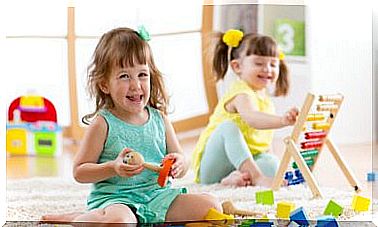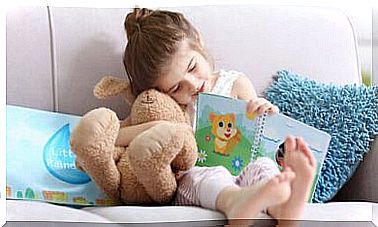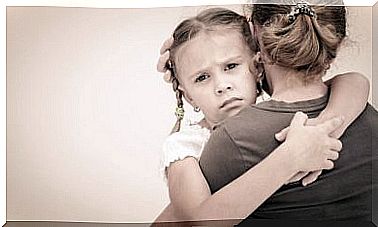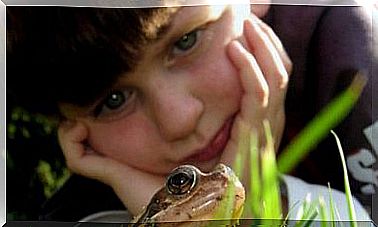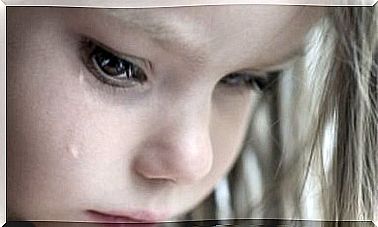How To Prevent Your Children From Growing Up With A Victim Mentality

It is essential that you know how to prevent your children from growing up with a victim mentality to help them learn to drink. responsibility personal by the way you think, feel and behave. This way you won’t go through life insisting that you are a victim of bad people and unfortunate circumstances.
Even when faced with difficulties, it is important that you teach your child to see himself as a mentally strong person who can withstand adversity. If you are already seeing signs of victimhood, do not wait for it to become a recurring attitude.
Here we will tell you how to prevent the victim mentality.
Create gratitude rituals
Gratitude maintains self-pity. Take time to talk with your child about what they are grateful for each day. . Even when faced with difficult circumstances, this is a role model for having a attitude grateful.
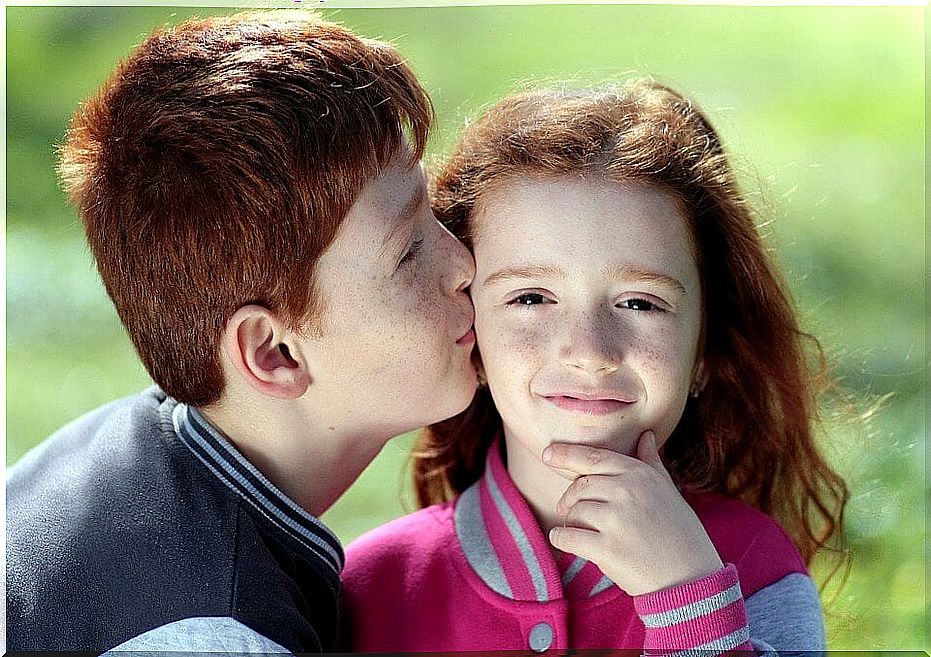
Create daily rituals that help your child recognize all the reasons he needs to be grateful. Here are some ideas:
- At dinner ask your child about the best part of his day.
- At bedtime tell him to name three good things that happened to him.
- Create a thank you board and announcements or notes where you write why you are thankful.
Teach your child how to shut up negative thinking and victim mentality
Some children tend to have a more pessimistic outlook than others. But with a little help they can recognize their negative thinking, although perhaps not in an exact way.
Help your child to silence his negative thinking by looking for exceptions to the rule . If he continues to insist, remind him of the fun activities he has participated in recently.
If he says, “Nobody likes me,” tell him the people who do it.
Teach your child how to deal with uncomfortable emotions
Teach your child to deal with uncomfortable emotions like fear, anxiety, anger, and sadness. Children who have healthy coping skills are less likely to dwell on minor negative events.
A child who is confident in his ability to handle disappointment will not think that life is unfair when it is time to leave the field of play .
Discipline your child’s behavior, but not emotion. Let him know that his emotions are okay, but that it is important to handle those emotions in a socially appropriate way.
Teach him healthy ways to express his feelings and prevent negative self-pity.
Teaches problem solving skills
Children who lack problem-solving skills may take a passive approach to life and have a victim mentality. A child who doesn’t know how to do his math homework may resign himself to a poor grade without even trying to find a solution.

A child who takes action when faced with difficulty is much less likely to see himself as a helpless victim.
Encourage him to help other people
It’s easy for children to think that they have the biggest problems in the world. Show him that there are a lot of people with bigger problems and that he can help them. Helping other people can show your child that it doesn’t matter how young he is or what problems he has experienced, but rather the ability to help someone else.
Volunteer at a soup kitchen, help an elderly neighbor work in the yard or participating in a fundraising project are three good alternatives.
Teach her assertiveness skills
Teach your child that he doesn’t have to be a passive victim. If another child grabs a toy from your hand, help him ask for it again. Or, if he is being bullied by other children at school, talk to him about asking a teacher for help.
Children who do not have a victim mentality may say, “Don’t do that,” or “I don’t like it when you do that.” This will reduce the likelihood that you will become a victim.



